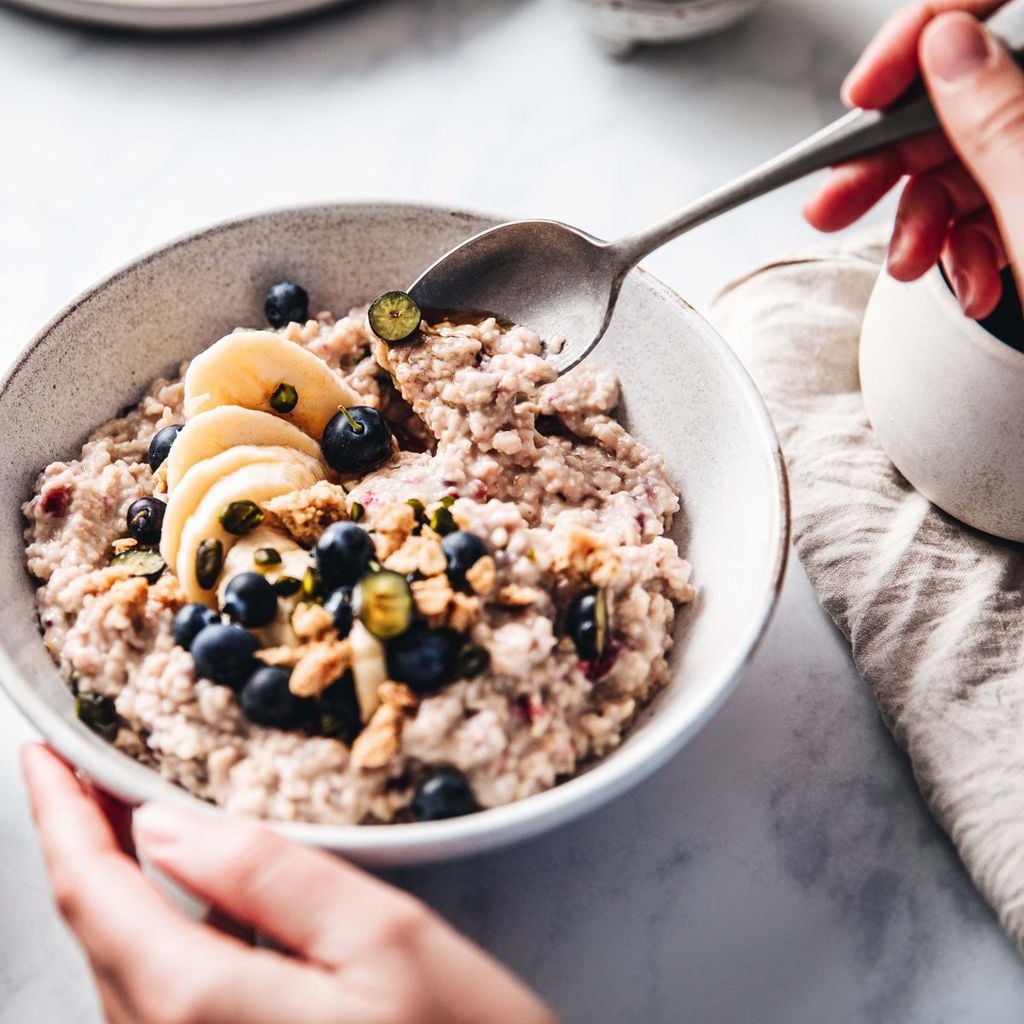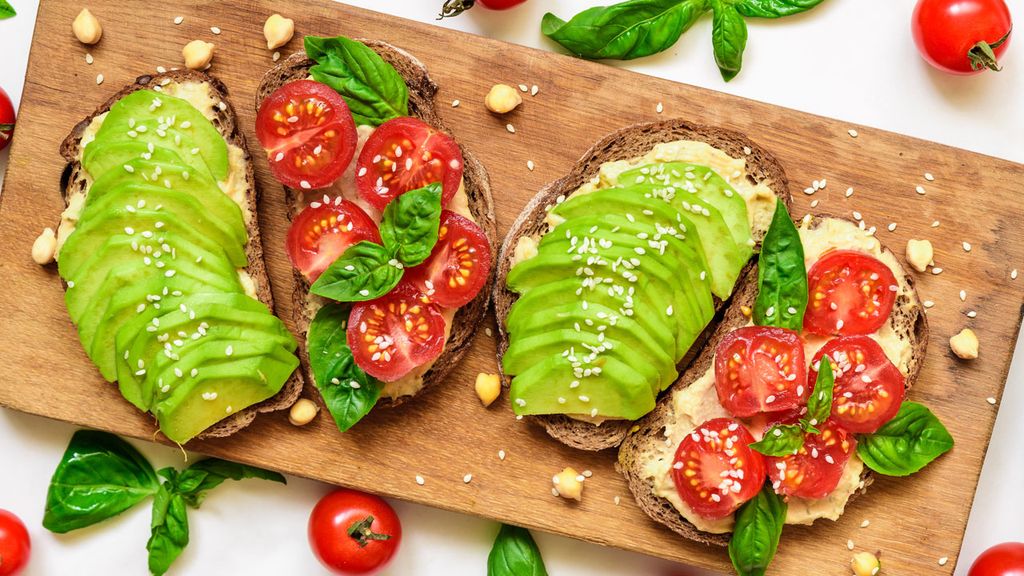Start the day with a protein rich breakfast It is a decision that benefits both the body and the mind. The Proteins are essential for tissue repairthe formation of enzymes and hormones, and the maintenance of healthy muscle mass.And you will also control hunger better, since they will make you feel more satiated. According to Patricia Ortega, a dietician-nutritionist specializing in vegetarian and vegan nutrition, “proteins at breakfast provide the energy and satiety necessary to face the day and improve the quality of our diet in general.”
But why is it important to consume them in the first meal of the day? Proteins help stabilize blood glucose levelswhich contributes to a greater concentration and productivity. In addition, they generate a longer-lasting feeling of satiety, helping to avoid cravings and the consumption of unhealthy snacks.
Advantages of opting for vegetable proteins
When choosing protein sources, more and more people are choosing vegetable alternatives. Not only are plant-based proteins more sustainable, they also offer additional health benefits. As Ortega explains, “unlike animal proteins, which are usually accompanied by saturated fats and cholesterol, Vegetable sources provide fiber, healthy fats and antioxidantssignificantly improving our diet.” In addition, they provide these benefits:
Cardiovascular protection
A surprising fact is that regular consumption of plant proteins can reduce the risk of heart disease by up to 40% and heart attacks by 29%. This is due to its ability to reduce LDL cholesterol, known as “bad” cholesterol, and its nutritional profile rich in omega-3, antioxidant vitamins and essential minerals.
Improved digestive health
Fiber, a key component of plant proteins, not only improves intestinal transitbut also strengthens the intestinal microbiota, promoting the absorption of nutrients and a more robust immune system.
Antioxidant and anti-inflammatory properties
Foods such as legumes, nuts, and seeds contain phytonutrients that act as powerful antioxidants and anti-inflammatory agents. These compounds help reduce oxidative damage and chronic inflammationfactors that are related to premature aging and chronic diseases.
Prevention of chronic diseases
Numerous studies have related the diets rich in plant proteins with a lower incidence of type 2 diabetes, certain cancers, and metabolic diseases. The Nutrition expert also emphasizes that “replacing processed meats with vegetable proteins is an effective measure to preventprevent diseases such as colorectal cancerwhose incidence increases with the regular consumption of processed meats.”
Practical ideas to include vegetable proteins in your breakfasts
Although it may seem complicated, incorporating plant proteins into breakfast is easier than you think. Next, the nutritionist gives us some practical and delicious options:
1. Toasts with vegetable alternatives
If you are a lover of the classic bread with ham, you can replace it with vegetable sliceslike those of Heura. These offer a similar flavor and texture, but without the harmful additives that usually accompany processed sausages.
2. Vegetable yogurts with toppings
Opt for a soy or coconut yogurt and accompany it with nuts, chia seeds and fresh fruit. This combination is rich in protein, fiber and healthy fats.
3. Hummus and avocado
Whole wheat toast with hummus and avocado slices is not only nutritious, but also delicious. It is perfect for those looking for a quick and healthy breakfast.
4. Protein ‘Smoothies’
Prepare a smoothie with non-dairy milk, spinach, banana and a handful of oats or plant-based protein powder. It is ideal for those who prefer a breakfast on the go.
5. Oatmeal porridge with a special touch
Cook oatmeal in non-dairy milk and add almond butter, flax seeds and fruit pieces. A comforting option full of nutrients.
Vegetable proteins are complete
A common myth in nutrition is that vegetable proteins are not complete, that is, they do not contain all the essential amino acids. However, foods like quinoa, chickpeas and soy They do include them, becoming alternatives that are just as complete as animal proteins. Furthermore, “the combination of different plant sources, such as legumes and cerealsguarantees a complete amino acid profile,” adds Ortega.
Reducing processed meats: a smart decision
Finally, a breakfast rich in vegetable proteins is also good for your health, as we said, and for the environment. And the consumption of processed meats, such as York ham, has been linked to an increased risk of diseases such as colorectal cancer. According to the WHO, consuming 50 grams of processed meat daily increases this risk by 18%. Replace these options with vegetable alternatives It not only improves health, but also environmental impact.
In addition, plant proteins offer greater versatility in the kitchen. From veggie burgers to legume-based stews, the possibilities are endless for those looking for a positive change in their diet.




